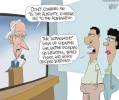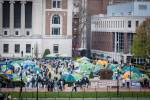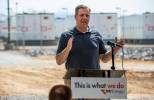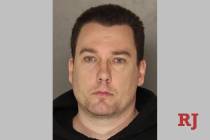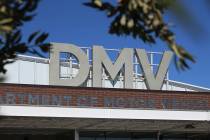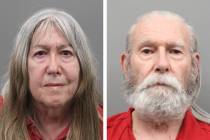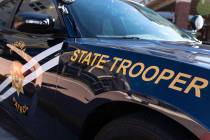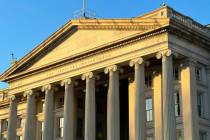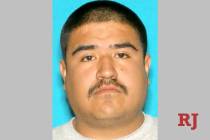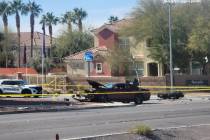Supreme Court nominee dissented in Yucca Mountain licensing case
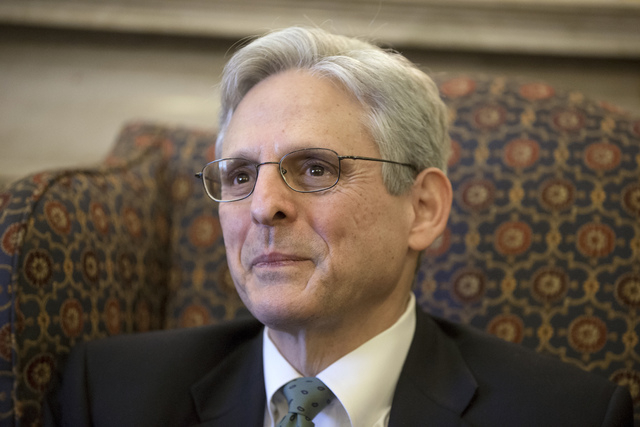
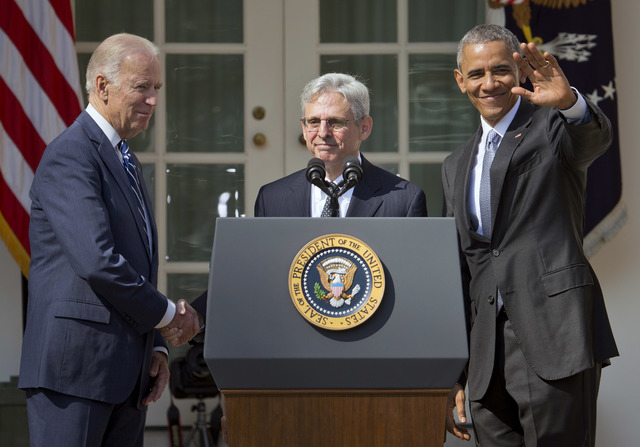
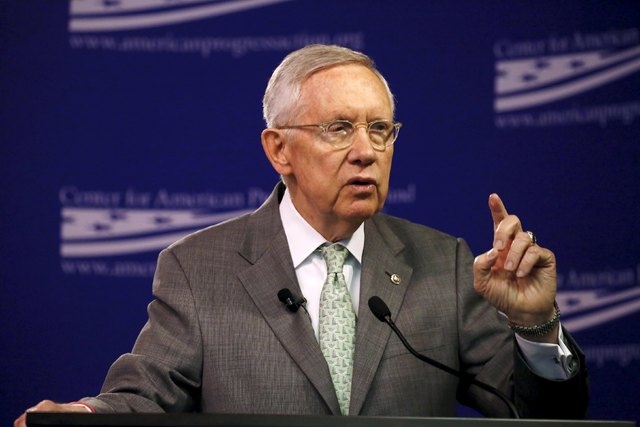
WASHINGTON – Nevadans have a reason to know Supreme Court nominee Merrick Garland’s name beyond the highly charged U.S. Senate debate over whether his nomination should get a hearing, much less a confirmation vote.
As chief judge of the U.S. Circuit Court of Appeals for the District of Columbia, Garland in 2013 was on the losing side of a 2-1 ruling that ordered the Nuclear Regulatory Commission to resume licensing for the once-proposed high-level nuclear waste disposal site at Yucca Mountain.
Garland used his dissent to say the ruling by the majority likely would be “a useless thing,” citing the limited amount of money available to the commission.
“No one disputes that $11 million is wholly insufficient to complete the processing of the application,” Garland wrote, noting an earlier commission budget contained $99 million to move forward for one year.
“In short, given the limited funds that remain available, issuing a writ of mandamus amounts to little more than ordering the commission to spend part of those funds unpacking its boxes, and the remainder packing them up again.”
Senate Democratic leader Harry Reid of Nevada recalled those words Thursday when asked about Garland’s role in the 2013 ruling.
“He issued a brilliant dissent,” said Reid, who has played a huge role in killing the Yucca Mountain project and believes it will remain dead. “He disagreed with the two judges who were wrong.”
Judges Brett Kavanaugh, an appointee of President George W. Bush, and A. Raymond Randolph, an appointee of President George H.W. Bush, ruled the commission was wrong when it halted license hearings for the proposed nuclear waste repository and joined in issuing a writ of mandamus ordering the agency to follow the current law.
Garland, who was appointed by President Bill Clinton, said he viewed their order as a “drastic and extraordinary remedy reserved for really extraordinary cases,” adding that the commission’s actions did not amount to such a case.
As he did in 2013, Reid dismissed the court ruling’s importance, believing the project cannot be revived. Others in Congress believe differently.
“It was just a courageous thing for him to do,” he said of Garland’s dissent.
Reid made his comments after meeting with Garland in his Senate office, a years-old tradition for Supreme Court nominees during the confirmation process.
Senate Majority Leader Mitch McConnell of Kentucky and other Republican leaders have said they will not meet with Garland as part of their strategy to block his nomination until after the elections. They want the next president to fill the Supreme Court vacancy created by the death of Justice Antonin Scalia.
When asked why Garland would agree to have his name put forward by President Barack Obama in the politically polarized atmosphere in the Senate, Reid, who also is an attorney, told reporters being nominated to serve on the nation’s highest court would be the culmination of any lawyer’s career.
“If I were in his shoes, I’d be willing to take all the brickbats and pieces of fruit thrown at him,” Reid said. “I just think it was a great honor for him to be selected.”
Contact Jim Myers at jmyers@reviewjournal.com or 202-783-1760. Find @myers_dc on Twitter.



